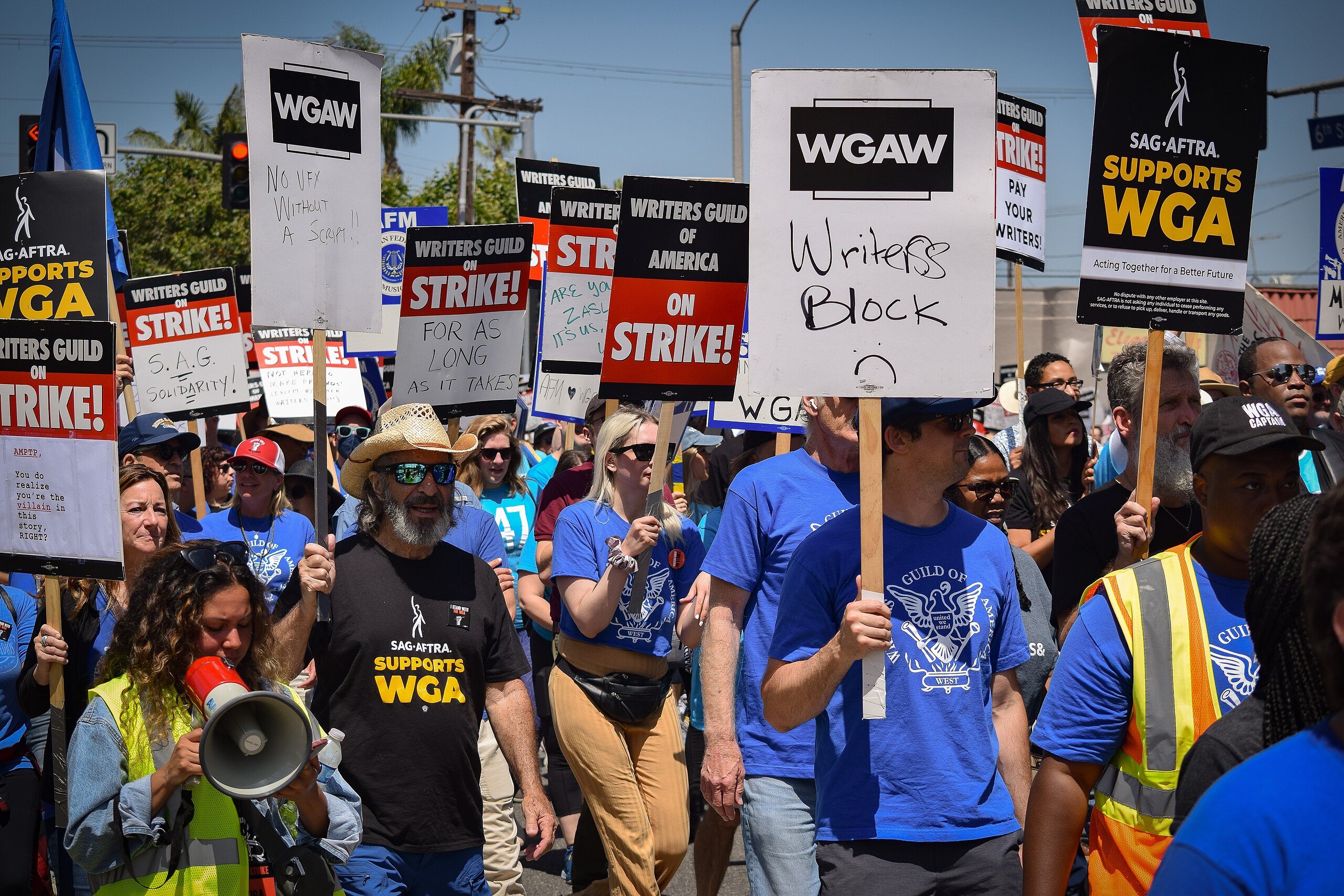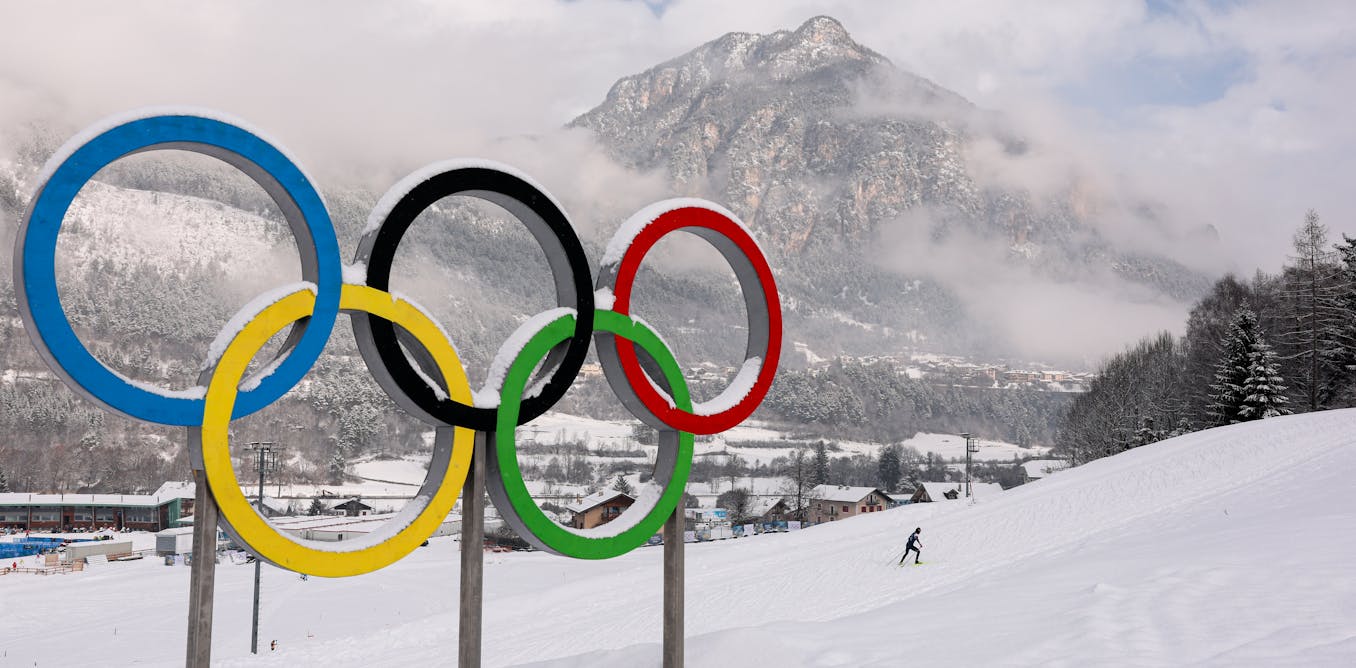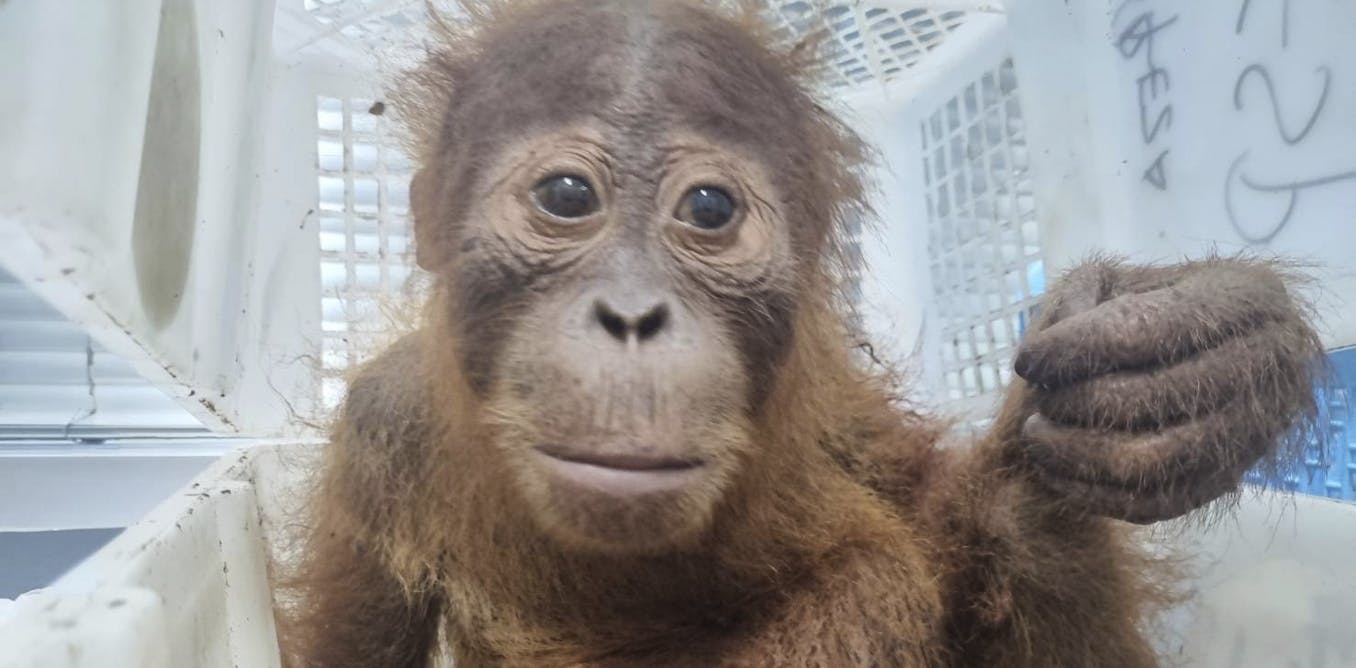Emily Nussbaum had been wanting to write a book about reality television since the early 2000s. It’s a good thing she waited, she writes in the introduction of that book, Cue the Sun! The Invention of Reality TV, which was published last June. Had she written it earlier, she would have missed out on some of the genres greatest hits, including American Idol, The Bachelor, and Keeping up with the Kardashians. She would have also missed how these shows altered American culture and in the case of The Apprentice, which transformed Donald Trump from a failing businessman into a popular presidential candidate, politics.
Nussbaum, a Pulitzer Prize-winning author and longtime TV critic for The New Yorker, said she wrote Cue the Sun! not only for people who love reality TV but also for those who hate it. Fans will find no shortage of trivia about their favorite shows, from behind-the-scenes drama to the untold oral histories of their development. Meanwhile, haters will be surprised to learn that the genre has a history stretching back as far as the 1940s and has actually produced some genuinely inventive, thought-provoking, and meaningful moments of television.
Because reality TV is often considered low-brow, more entertainment than art, it tends to receive less attention from academics than other forms of media like film and scripted television. This is a shame, Nussbaum argues in the book, as reality TV’s influence on our society has been far-reaching. It has broken taboos; muddled the distinction between real and fake, public and private; and even helped determine who gets to occupy the White House. In the following interview, Nussbaum reveals what makes reality TV such a powerful force and speculates on how the genre may evolve in the years to come.
A historical reality check
Cue the Sun! traces the history of reality television back to the Second World War and an aspiring media executive named Allen Funt. While producing radio programming for the U.S. Army Signal Corps, Funt got his hands on the latest in military technology: a portable audio recorder.
“Up until then, recorders had been bulky, too heavy to lift from a desk. When you interviewed someone, they knew that they were being recorded,” Nussbaum writes.
Funt realized the possibilities the new recorder opened up. At first, he simply eavesdropped on random conversations. When these became too boring, he started to play the role of instigator — a practice that formed the foundation for both his 1947 radio program, Candid Microphone, and its television adaptation, Candid Camera, released the following year.
A testament to Funt’s foresight, these two shows contained the qualities that would keep people coming back to reality TV for decades: the cheers of the winner, the cries of the loser, the response of someone who gets pranked, and the look on their faces when the trick is finally revealed to them. In short, the candid gesture and the joy of watching someone be themselves.

The fact that this joy appears to transcend cultures has enabled reality formats like Big Brother, originally developed in the Netherlands by Dutch media mogul John de Mol Jr., to be successfully exported to countries around the world — often to the surprise of the importers.
“When they tried to sell Expedition Robinson in Sweden,” Nussbaum tells Big Think, referring to the popular, originally British game show where contestants compete in challenges across exotic locations, “the locals said, ‘We are a gentle nation; we don’t do this American capitalist thing.’ But the producers insisted that it would work, and it did. There’s something about human nature that makes it work every time.”
That’s not to say reality TV is all fun and games. Another reason the genre has become so widespread is that it is cheap to make, especially when compared to scripted programming. Production crews were (and remain) largely non-unionized, meaning they can be paid lower salaries. Cast members, typically ordinary people without agents or managers, usually aren’t paid. Their compensation is the chance to extend 15 minutes of fame into hours, days, or maybe years by building their personal brands. This payment system neatly explains why reality TV is popular in places like Netherlands, where a small market of native speakers make scripted programming too risky to invest in consistently.
Perhaps more unnerving than the genre’s financial realities, however, is its underlying philosophy. While reality TV has managed to occasionally touch our hearts and stimulate our minds, it is also, by its nature, exploitative. Nussbaum points to Queen for a Day, a program from the 1940s and 1950s in which housewives would tell host Jack Bailey about the sometimes funny, sometimes incredibly tragic problems of their domestic lives to win huge prize giveaways.
“There was a compassionate element to Queen for a Day,” she tells Big Think, “but also something akin to schadenfreude. Most reality TV shows operate this way. They might do something that’s liberatory but also exploitative.”
A candid look behind the cameras
Reality TV’s impact on society is multifaceted. Beginning with the good, the genre does deserve credit for making television more representative of the general population. Nussbaum notes: “Hell’s Kitchen, for example, featured ordinary line cooks, unlike the elite chefs of other shows, giving us insight into how actual kitchens work.” Many casts also included members from marginalized groups, including women, people of color, and the LGBTQ community.
“Queerness, especially for gay men, has become an essential part of reality TV,” Nussbaum reflects. “Many gay men worked behind the scenes, and there’s something about masculinity as performance that lent itself to this form. Lance Loud from An American Family was the first openly gay man on TV, just being himself, and that performance of ‘Are you gay or not?’ was a spectacle for people.”
Reality TV’s pursuit of shock and spectacle led the industry to break various taboos. Queen for a Day aired when it was considered inappropriate for women to talk about their mental well-being or marital problems, while Funt’s Candid Camera used pranks that questioned the norms and values of the American public. In Cue the Sun!, Nussbaum writes of a 1963 sketch in which actress Fannie Flank pretends to be American Airlines’ first female pilot, “triggering bug-eyed, alarmed expressions from bystanders.”
Developing alongside the internet, it should come as no surprise that reality TV foreshadowed certain aspects of today’s online culture. Back in the early 2000s, when Nussbaum started toying with her book proposal, Big Brother — a show in which contestants live together in a house strapped with surveillance cameras — was already streaming 24-hour footage on its web page. Meanwhile, reality shows like Cops and America’s Funniest Home Videos were essentially the televised antecedent of scrolling, preluding everything from meme forums to YouTube, Vine, and TikTok.
On the negative front, reality TV is connected to fake news and our societies’ growing inability to collectively agree what distinguishes fact from fiction. Both the terms “reality TV” and “unscripted TV” — the latter preferred by industry insiders — have become increasingly misleading. While reality shows do not work with screenplays that detail every action and line of dialogue, their contents are, more often than not, doctored by producers who steer cast members and twist, misrepresent, or fabricate footage for the sake of entertainment.
In some shows, this doctoring is obvious. In others, it’s not, leading viewers to accept its contents as real and authentic. This was the case for The Apprentice, Nussbaum writes, as it presented Donald Trump — in debt, forgotten, and having failed at every business venture he’d been involved with — as a successful, charismatic leader with the golden touch.
“I argue Trump’s election was, in large part, a product of The Apprentice,” Nussbaum tells Big Think. “That show rebranded him into a symbol of success. It wasn’t true, but it was effective at selling him to the public and creating the persona that carried into his campaign.”
Reality TV not only shaped its stars but also his viewers. Muddling the boundary between real and fake, the genre encouraged people to choose for themselves what they did and didn’t want to accept as factual. “If something uncomfortable happened on a certain show,” Nussbaum explains, “the viewer could say, ‘This is fake, scripted.’ But if it struck them as authentic or exciting, they could say, ‘Wow, I witnessed something real.’ People switched perspectives based on not on what they found most convincing, but what made them feel most comfortable.”
The future of reality TV
Although one can only speculate about the future of reality TV, media analysts tend to agree that tomorrow’s shows will prioritize viewer interactivity and incorporate novel technologies like artificial intelligence, virtual or augmented reality, and mobile applications that would enable real-time audience participation (as experimented with on recent programs like The Circle).
The economy is bound to play a huge role in the future of reality TV, just as it has in the past. Historically, the genre has thrived whenever the unionized segments of the entertainment workforce went on strike. Interestingly, the current wave of strikes is having the opposite effect. According to The Hollywood Reporter, the industry is in such bad financial shape that even reality shows are suffering, with budgets shrinking and job offers disappearing. Unwilling to take risks, companies are limiting themselves to the tried-and-tested formulas of their biggest hits — meaning for that for the next few years, we can expect more of the same rather than something radically new and different.

The same may be true of the industry’s labor policies, which are unlikely to change in spite of increasing support from film and scripted TV professionals. “From what I’ve heard,” says Nussbaum, “there’s been gestures towards unionizing reality crews.” While unionization could shrink the business in the short-term, it would improve labor standards that range from unideal to downright deplorable: “Some are well-compensated. Others aren’t, and protections are scarce. The mistreatment of low-level crew impacts how cast members are treated, too. In the darkest chapter of my book, on The Bachelor, someone compares it to working in a prison.”
“Hollywood is in a massive crisis,” Nussbaum concludes when asked about the genre’s fate. “I have no solutions or predictions, but it seems reality TV will persist because there’s a significant audience for it, especially among younger people. It’s hard to imagine the industry stopping production when so many consider themselves fans.”
This article Breaking taboos and blurring truths: How reality TV has shaped society in its own image is featured on Big Think.

The post “Breaking taboos and blurring truths: How reality TV has shaped society in its own image” by Tim Brinkhof was published on 02/25/2025 by bigthink.com



































Leave a Reply